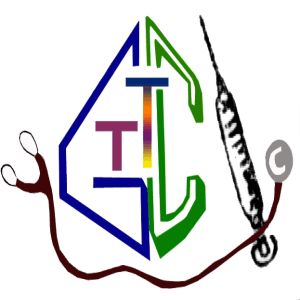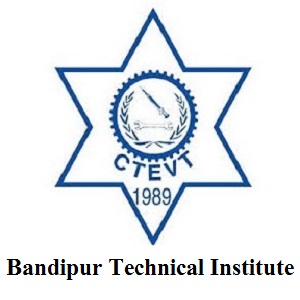Overview
PCL in General Medicine – Health Assistant (HA) – Paschimanchal Prabidhik Shikshalaya
Paschimanchal Prabidhik Shikshalaya, situated in Shuklagandaki-4, Dulegaunda, Tanahun, Gandaki Province, offers a three-year diploma program in General Medicine, widely recognized as the Health Assistant (HA) course.
This program is affiliated with the Council for Technical Education and Vocational Training (CTEVT) and implemented by the official curriculum. The course is accredited by the Nepal Health Professional Council (NHPC) and qualifies graduates to register as professional health assistants. Each year, 40 seats are available, including 4 scholarship positions.
Curriculum Details
The HA program follows a nationally approved syllabus that combines theoretical learning with practical application. The core subjects include anatomy, physiology, pharmacology, pathology, internal medicine, pediatrics, surgery, public health, and community diagnosis. Clinical skills are developed through simulations, laboratory work, and hospital-based exposure. The course includes internal assessments, practical evaluations, and final board examinations conducted under CTEVT guidelines.
Objectives
The purpose of this program is to prepare mid-level health professionals who can:
-
Deliver primary care services in rural and urban settings
-
Provide preventive, promotive, and curative health services
-
Diagnose and manage common illnesses and injuries
-
Refer patients responsibly to higher-level care facilities
Scope
Graduates of this program are eligible to register with NHPC as certified health assistants. They are qualified to work in health posts, primary health care centers, emergency service units, NGOs, INGOs, and community outreach programs. The diploma is also a stepping stone for advanced public health, nursing, or medical sciences education.
Learning Outcomes
Upon successful completion, students will be able to:
-
Conduct general patient assessments and physical examinations
-
Diagnose and treat minor injuries and common illnesses
-
Support maternal and child health services
-
Provide health education and counselling in community settings
-
Coordinate with local health authorities and referral hospitals
Skill Development Modules
Hands-on training is an integral part of this course and includes:
-
Basic surgical procedures and wound management
-
Immunization and vaccination practices
-
Emergency care and first aid
-
Prescription writing under supervision
-
Health record management
These skills are practiced in simulated and real-time environments at the 50-bed Tanahun Sewa Hospital.
Teaching Methodology
The program is delivered using a combination of classroom lectures, group discussions, case presentations, lab-based exercises, field visits, and clinical postings. Each student maintains a logbook to track practical activities and patient encounters. Learning is supported through standard textbooks, visual aids, and supervised clinical rotations.
Admission Requirements
To be eligible for admission, applicants must:
-
Have passed the Secondary Education Examination (SEE)
-
Qualify through the entrance examination conducted by CTEVT
Selection is based on merit and scholarship quotas determined by CTEVT policy.
Career Opportunities
Graduates can pursue roles such as:
-
Health Assistant in government or private health institutions
-
Community health worker in rural outreach programs
-
Emergency response staff in hospitals
-
Field-level coordinator in public health initiatives
They may also advance to higher education in public health, medical science, or related technical disciplines.
Scholarships and Financial Aid
The college reserves 4 seats under the scholarship quota for this course. Scholarship distribution is based on CTEVT’s inclusion, merit, and need-based categories. Tuition and other fee structures follow the official CTEVT decision, making it affordable for students from different socio-economic backgrounds.
Why Choose This Course?
The HA program is suited for students who wish to begin a career in medical service delivery. It provides intense clinical exposure, real patient interaction, and community engagement. With a well-developed curriculum and supervised training at the in-house hospital, the program supports students in becoming competent and confident healthcare professionals.
Conclusion
The PCL in General Medicine – Health Assistant program at Paschimanchal Prabidhik Shikshalaya is a three-year technical course that builds the essential skills needed in Nepal’s healthcare sector. By combining practical training, academic knowledge, and professional mentorship, the program prepares students to contribute meaningfully to health services in both rural and urban areas.
Contact Paschimanchal Prabidhik Shikshalaya's administrative office for detailed information on the PCL in General Medicine-Health Assistant (HA) course, including fees, scholarships, facilities, counseling, eligibility criteria, etc.



















